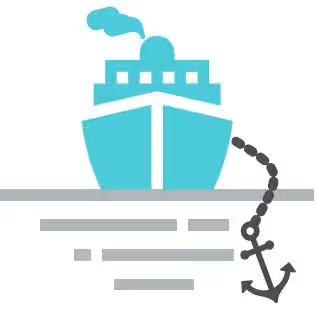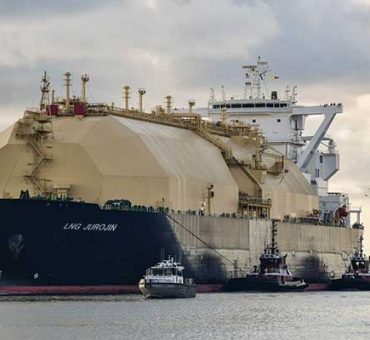Types of Ships: A Comprehensive Guide to LNG Tankers and Their Operations
There are a lot of types of ships in the world. Liquefied Natural Gas (LNG) tankers are indispensable assets in the global energy sector, meticulously designed to transport crude oil in its liquefied state across vast maritime distances.
Advanced Design and Construction of LNG Tankers
The construction of these specialized crafts involves the use of excellent materials and cutting-edge technology to protect the safe and efficient containment of LNG. Liquefied Natural Gas is maintained at a cryogenic temperature of approximately -162 degrees Celsius, which necessitates the integration of robust insulation orders within the tanker’s containment structures. These arrangements often include either membrane tanks, which offer a flexible and efficient form, or spherical tanks, known for their structural strength and ability to withstand dynamic sea conditions. The rigorous engineering and design standards applied to LNG freighters are essential for minimizing the risk of leaks and affirming the structural integrity of the boat, thereby safeguarding both the cargo and the marine environment.
Operational Protocols and Safety Measures
The useful protocols for Liquefied Natural Gas containerships are governed by stringent international safeness and environmental regulations to guarantee the secure handling and transportation of LNG. Loading and unloading procedures are conducted at specially equipped LNG terminals, where infrastructure is designed to manage the extreme low temperatures of liquefied crude oil. These terminals are strategically located to optimize the worldwide supply chain from production sites to end-users.
Additionally, the crew members aboard liquefied fossil fuel ferry boats undergo rigorous training to handle the sophisticated systems and adhere to emergency agreements associated with LNG transport. Regular maintenance and defense drills are integral to the operational framework, assuring that both the craft and its crew are prepared to respond to any contingencies. The combination of exceptional technological features and comprehensive working contracts underscores the critical role of liquefied gasoline freighters in attest the reliability and assurance of the overall energy supply network.

